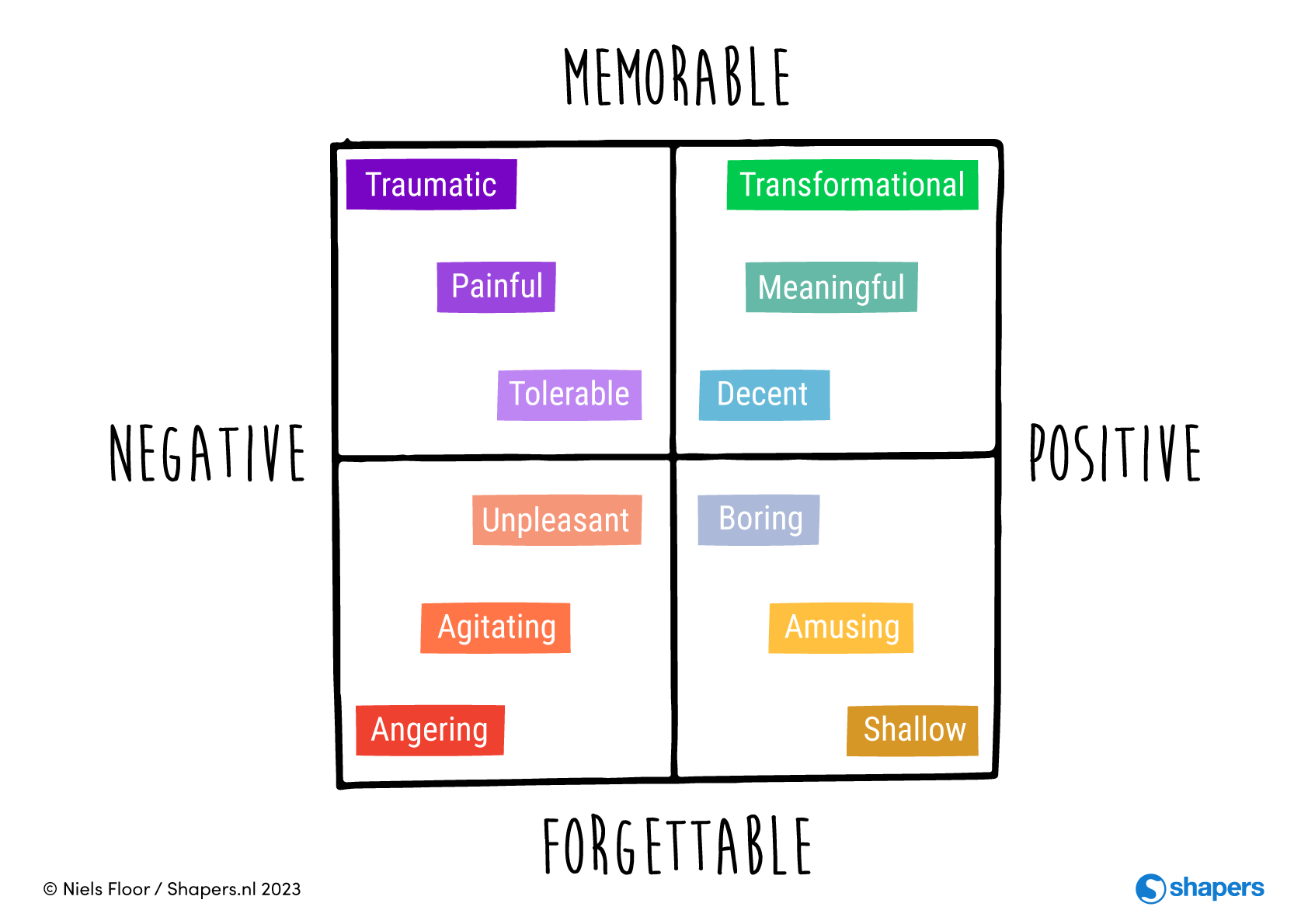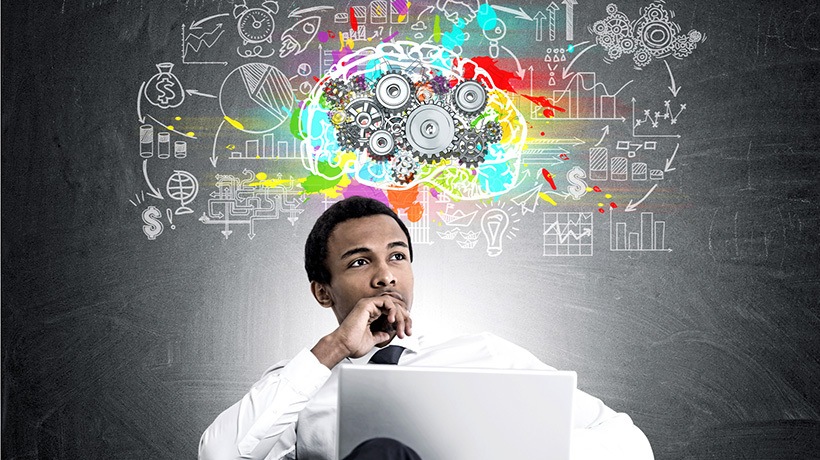The Learning Experience In a rapidly evolving world, the concept of learning has transcended traditional boundaries. No longer confined to Learning Experience walls of classrooms, the learning experience is a lifelong journey that enriches our personal and professional lives. Let’s dive into the various aspects of this continuous process, understanding how it shapes us and the world around us.
The Evolution of Learning
From Classrooms to Cloud

The Learning Experience traditional classroom, with its chalkboards and textbooks, has undergone a significant transformation. While these conventional methods still hold value, the Learning Experience digital age has introduced new ways of accessing knowledge. Online courses, virtual classrooms, and educational apps have made learning more accessible than ever before. This shift not only democratizes education but also tailors it to individual needs, allowing people to learn at their own pace and from anywhere in the world.
The The Learning Experience cloud-based learning platforms have revolutionized how we perceive education. They offer a plethora of resources, including video lectures, interactive quizzes, and peer discussions, making the learning process more engaging and interactive. These platforms also provide real-time feedback, which is crucial for the learner’s growth and development.
Moreover, the integration of artificial intelligence and machine learning in educational tools has further personalized the learning experience. AI-driven platforms can analyze a learner’s progress and suggest customized content, ensuring that each individual’s learning path is unique and effective.
The Role of Technology
Technology plays a pivotal role in modern learning Learning Experience. Beyond online courses, augmented reality (AR) and virtual reality (VR) are making strides in education. These technologies provide immersive The Learning Learning Experience that can simulate real-world scenarios, making complex concepts easier to grasp. For example, medical students can perform virtual surgeries, and history enthusiasts can explore ancient civilizations in a virtual environment.
Furthermore, Learning Experience gamification in education has proven to be a game-changer. By incorporating game elements like rewards, levels, and challenges into learning activities, educators can increase engagement and motivation among students. This method not only makes learning fun but also encourages active participation and critical thinking.
The rise of mobile Learning Experience learning apps has also contributed to the accessibility of education. With smartphones becoming ubiquitous, learners can access educational content on the go, transforming idle time into productive learning opportunities. This flexibility is particularly beneficial for working professionals and lifelong learners who seek to upgrade their skills without disrupting their daily routines.
Lifelong Learning: A Necessity
In today’s fast-paced world, the skills we acquire in our early years might become obsolete. Lifelong learning is no longer just a choice; it’s a necessity. Continuous education helps individuals stay relevant in their careers and adapt to changing job markets. It also fosters personal growth, allowing people to pursue their passions and interests.
Lifelong learning can take many forms, from formal education and professional development courses to hobbies and self-taught skills. The key is to maintain a curious and open-minded approach towards new knowledge and Learning Experience. By embracing lifelong learning, individuals can enhance their adaptability, creativity, and problem-solving abilities, which are crucial in navigating the uncertainties of the modern world.
The Social Aspect of Learning
Collaborative Learning
Learning is not a solitary endeavor. Collaboration and social interaction enhance the learning Learning Experience by providing diverse perspectives and fostering critical thinking. Group projects, study groups, and online forums allow learners to share ideas, ask questions, and challenge each other’s viewpoints. This collaborative approach not only deepens understanding but also develops essential soft skills like communication, teamwork, and empathy.
In professional settings, collaborative can take the form of workshops, brainstorming sessions, and peer mentoring. These activities encourage employees to share their expertise and learn from one another, leading to a more innovative and cohesive work environment. Additionally, collaborative learning platforms enable professionals to connect with peers across the globe, expanding their networks and exposure to different industries and cultures.
The rise of social media has also impacted the way we learn. Platforms like LinkedIn, Twitter, and specialized online communities offer valuable opportunities for networking, knowledge sharing, and professional development. By participating in these digital communities, learners can stay updated with industry trends, join discussions, and access a wealth of resources shared by experts in their fields.
Learning from Peers
Peer learning is an invaluable part of the educational process. Peers can offer support, motivation, and different perspectives that enrich the learning experience. Peer-to-peer feedback helps individuals identify their strengths and areas for improvement, fostering a culture of continuous growth and development.
In educational Learning Experience institutions, peer tutoring programs pair students with their peers for mutual learning benefits. This not only reinforces the tutor’s knowledge but also provides the learner with a relatable and approachable source of assistance. Similarly, in professional environments, mentorship programs match less experienced employees with seasoned professionals, facilitating knowledge transfer and career development.
Moreover, the Learning Experience advent of digital platforms has made peer learning more accessible and scalable. Online communities and discussion boards enable learners to connect with peers worldwide, share insights, and collaborate on projects. These virtual interactions Learning Experience break down geographical barriers and create a global learning ecosystem where knowledge is freely exchanged.
The Importance of Community
A supportive learning community can significantly enhance the educational experience Whether it’s a Learning Experience classroom, a workplace, or an online group, being part of a community provides a sense of belonging and encouragement. Communities offer emotional support, celebrate achievements, and provide constructive feedback, all of which are crucial for maintaining motivation and engagement.
Educational institutions Learning Experience often foster a sense of community through extracurricular activities, clubs, and events. These opportunities allow students to connect with their peers, explore their interests, and develop a well-rounded skill set. In the workplace, team-building activities and company culture initiatives create a supportive environment where employees feel valued and motivated to learn.
Online learning communities have Learning Experience also gained prominence, particularly with the rise of MOOCs (Massive Open Online Courses) and other digital learning platforms. These communities connect learners from diverse backgrounds, facilitating cross-cultural exchanges and collaborative projects. By engaging with a global community, learners can broaden their perspectives and gain insights that they might not encounter in a traditional learning environment.
Personalizing the Learning Journey
Tailored Learning Paths
One of the most significant advancements in modern education is the ability to personalize learning experiences. Adaptive learning technologies use data analytics to assess a learner’s strengths, weaknesses, and preferences, creating a customized educational path that suits their individual needs. This approach ensures that learners receive the Learning Experience appropriate level of challenge and support, enhancing their overall engagement and success.
Personalized Learning Experience paths can be implemented in various educational settings, from K-12 schools to higher education institutions and corporate training programs. In schools, educators can use digital tools to monitor student progress and adjust instruction accordingly, ensuring that each student receives the necessary support to achieve their full potential. In higher education, personalized learning platforms enable students to choose courses and resources that align with their academic and career goals.
In the corporate world, Learning Experience personalized learning programs help employees acquire the skills and knowledge needed for their specific roles and career advancement. By offering tailored training and development opportunities, organizations can enhance employee satisfaction, retention, and performance.
Self-Directed Learning
Self-directed learning empowers individuals to take control of their educational journey. With access to countless resources online, learners can explore topics of interest at their own pace, setting their own goals and timelines. This autonomy fosters intrinsic motivation and a deeper connection to the material being studied.
To succeed Learning Experience in self-directed learning, individuals must develop essential skills such as time management, critical thinking, and self-discipline. Creating a structured learning plan, setting achievable goals, and regularly reflecting on progress can help maintain focus and motivation. Additionally, seeking feedback and guidance from mentors or peers can provide valuable insights and support.
Online platforms like Coursera, Udemy, and Khan Academy offer a wide range of courses that cater to various interests and skill levels, making self-directed learning more accessible than ever. These platforms also provide certificates and badges that can enhance a learner’s resume and demonstrate their commitment to continuous improvement.
The Learning Experience Role of Educators
In the Learning Experience personalized learning era, the role of educators is evolving. Rather than being mere transmitters of knowledge, teachers and trainers now act as facilitators and guides. They help learners navigate their personalized paths, providing support, encouragement, and expert insights. This shift requires educators to develop new skills, such as digital literacy and the ability to analyze data to tailor their instruction.
Educators must also v embrace a student-centered approach, focusing on the unique needs and interests of each learner. By creating a supportive and inclusive learning environment, educators can foster a love of learning and encourage students to take ownership of their educational journeys.
Professional development opportunities for educators are crucial in this evolving landscape. By staying updated with the latest educational technologies and pedagogical strategies, teachers can enhance their effectiveness and better support their students’ learning experiences.
Embracing the Future of Learning
Continuous Improvement
The learning experience is an ongoing process of discovery and improvement. Embracing a mindset of continuous Learning Experience allows individuals to adapt to new challenges, stay relevant in their careers, and lead fulfilling lives. It involves being open to new ideas, seeking feedback, and constantly striving for personal and professional growth.
Continuous improvement can be achieved through various means, such as formal education, professional development, hobbies, and self-reflection. By regularly setting new goals and seeking opportunities to expand their knowledge and skills, individuals can remain agile and resilient in an ever-changing world.
Organizations that foster a culture of continuous Learning Experience benefit from a more skilled and adaptable workforce. By providing employees with opportunities for ongoing training and development, companies can enhance their competitiveness and drive innovation.
The Impact of Globalization
Globalization has made the world more interconnected, creating new opportunities and challenges for learners. Access to diverse cultures, perspectives, and technologies enriches the learning experience, fostering a more comprehensive understanding of global issues. However, it also requires learners to be adaptable and culturally competent, capable of navigating a complex and dynamic global landscape.
Educational institutions and organizations can play a crucial role in preparing individuals for a globalized world. By promoting intercultural competence, language Learning Experience, and international collaboration, they can equip learners with the skills needed to thrive in a global context.
